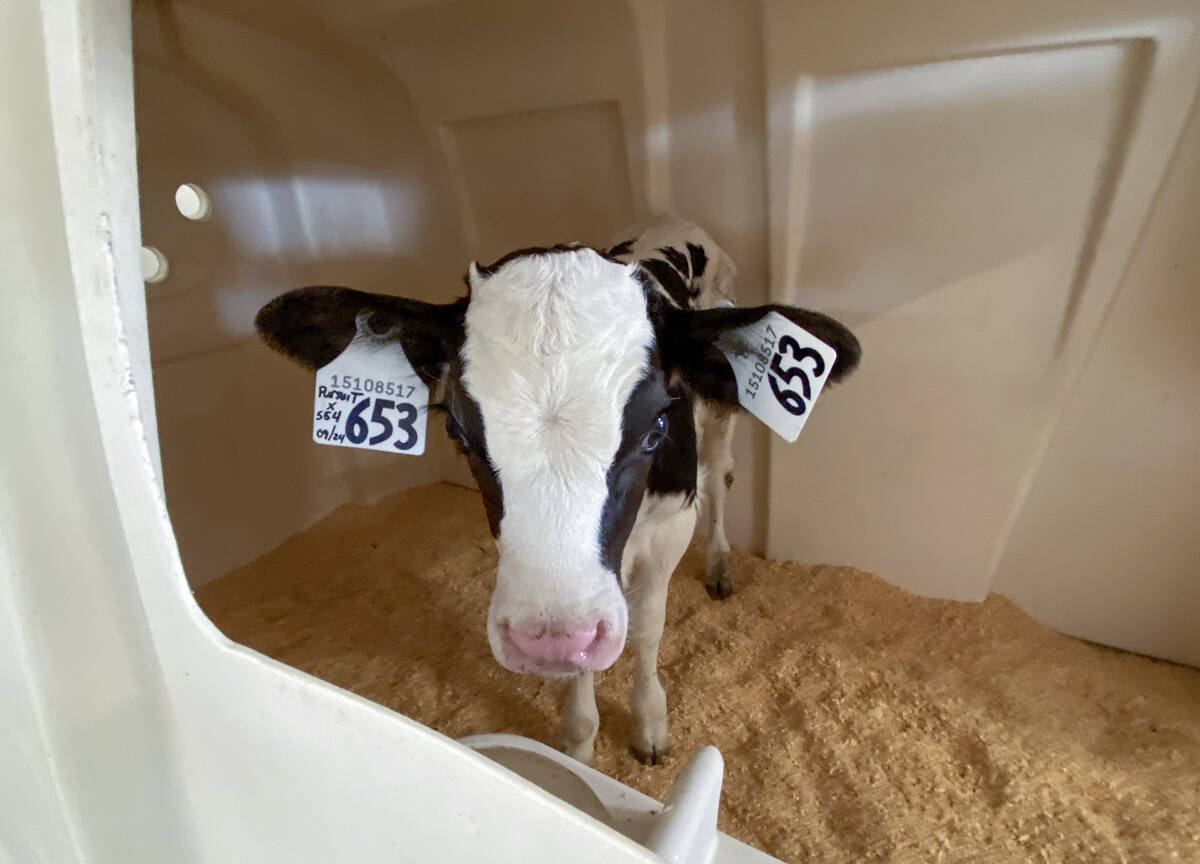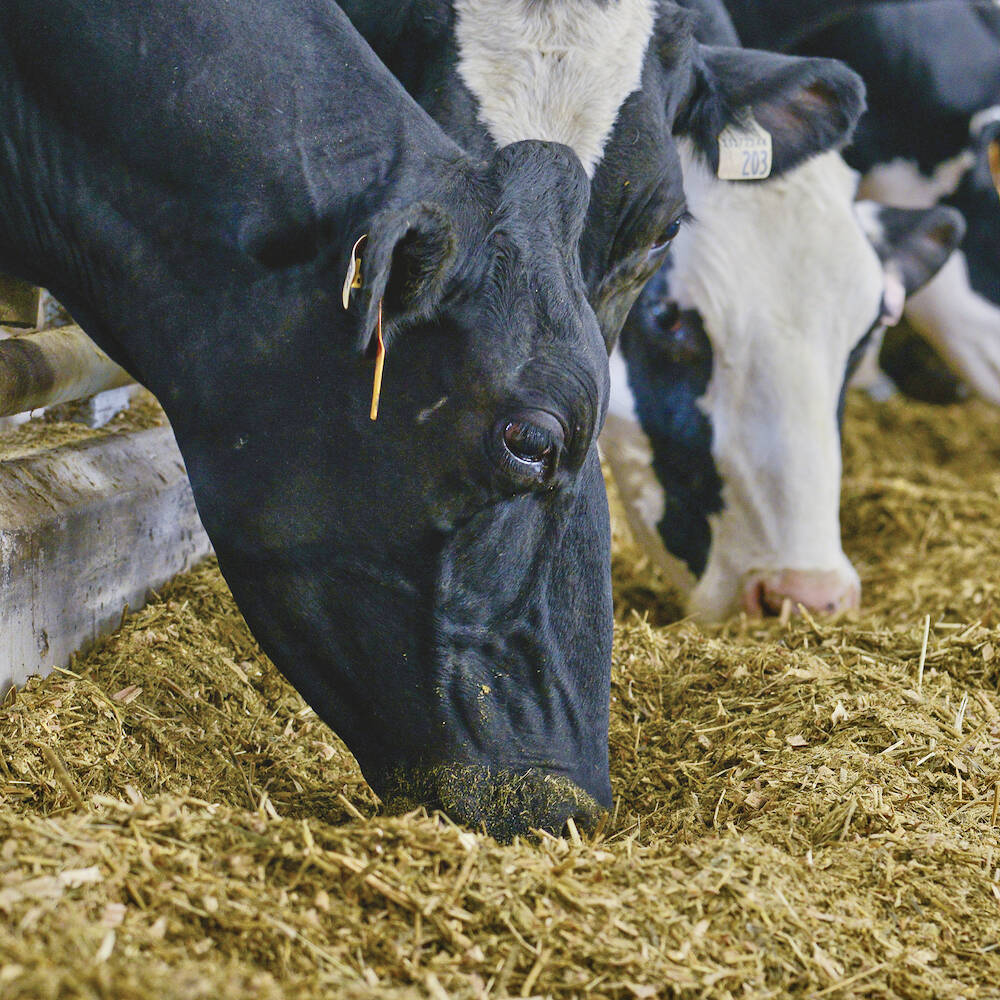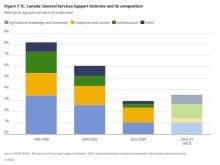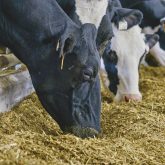Glacier FarmMedia – Recent media reports suggest that Canada may be weighing whether to give ground to the U.S. on dairy access.
On Oct. 1, the Globe and Mail reported that a potential change to bilateral trade law allowing for more U.S.-sourced dairy on Canadian grocery shelves was being floated in Ottawa, citing unnamed sources close to the issue but who were “not authorized to speak publicly on the matter.”
That contrasts with official word from the federal minister responsible for Canada-U.S. trade. A spokesperson from the office of Dominic Leblanc reiterated commitments to protect Canadian industry, said that their office had engaged with supply managed industries and stated that ““Canada’s supply management system will never be on the table,” when asked for comment from the Globe and Mail.
Read Also

Lactanet turns methane expertise into business opportunity
Lactanet’s new fee-for-service breeding tool initiative to reduce greenhouse gas emissions in Canadian and Swiss Holstein herds will launch in April 2026.
WHY IT MATTERS: Supply management, and dairy in particular, has been a prime target for U.S. irritation as trade tensions between Canada and the U.S. continue.
The article further noted that Leblanc had launched consultations between government representatives and “key players” in Canada’s dairy industry Sept. 19, in advance of 2026’s anticipated review of the Canada-United States-Mexico Agreement (CUSMA).
Neither LeBlanc or industry sources offered further comment. The two unnamed sources said talks thus far had focused on import restriction changes.
Access to Canadian dairy markets and supply management systems are forecast to be among the CUSMA review’s most heated exchanges, particularly in light of U.S. President Donald Trump’s repeated condemnation of the practice.
Tariff rate quota, which earmarks certain dairy volumes to come into Canada at lower duty levels, has been a particular sticking point, not only from the Trump administration, but also during the Biden administration, as well as creating tension between Canada and New Zealand. Trading partners have argued that TRQ rights tended to be unfairly reserved for Canadian processors, leaving little room for access.
In 2021, Canada faced a CUSMA complaint over the issue from the U.S., after which it made changes to how TRQs were administered.
The U.S., however, has long pushed for a more open system. That less regulated access has been resisted strongly by the Canadian government and supply management advocates, who argue that the current system has been key for providing consistent market conditions and has bolstered the health of sectors like Canadian dairy and poultry.
The consultations also take place in the shadow of Bill C-202, the successor to Bill C-282, which died on the floor when Canada’s federal election was called in early 2025. The bill limits Canada’s ability to make trade concessions impacting supply managed industries. It was welcomed by supply management advocates, but denounced by export-reliant agriculture sectors, who argued that it de-fanged Canada at the negotiating table. Bill C-202 received royal assent on June 26 of this year.















